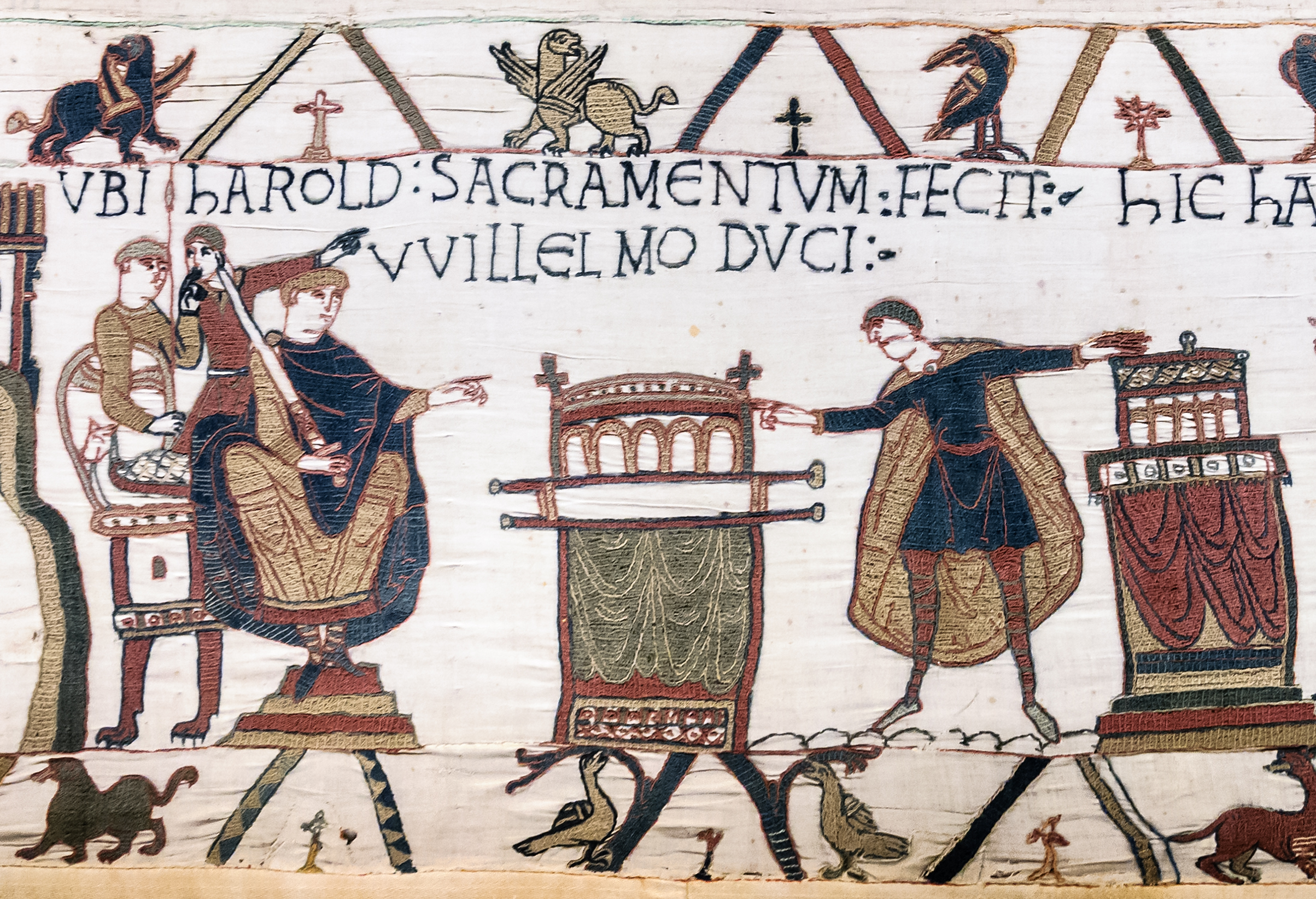
Freehold (law)
A freehold, in common law jurisdictions such as England and Wales, Australia,[1] Canada, Ireland, and twenty states in the United States, is the common mode of ownership of real property, or land,[a] and all immovable structures attached to such land.
It is in contrast to a leasehold, in which the property reverts to the owner of the land after the lease period expires or otherwise lawfully terminates.[3] For an estate to be a freehold, it must possess two qualities: immobility (property must be land or some interest issuing out of or annexed to land) and ownership of it must be forever ("of an indeterminate duration"). If the time of ownership can be fixed and determined, it cannot be a freehold. It is "An estate in land held in fee simple, fee tail or for term of life."[4]
The default position subset is the perpetual freehold, which is "an estate given to a grantee for life, and then successively to the grantee's heirs for life."[4]
England and Wales[edit]
Diversity of freeholds before 1925[edit]
In England and Wales, before the Law of Property Act 1925, the default position was of a freehold transferable to the owner's "heirs and assigns" (successors by inheritance, or purchase/gift, respectively). Those three words were often included in a conveyance to stress fee simple status. A fee simple estate. A fee tail estate describes when transfer (by inheritance or otherwise) was limited to lineal descendants of the first person to whom the estate was given (known as "heirs of the body" or "heirs of the blood"). There were also freehold estates not of inheritance, such as an estate for life and copyhold was promoted into freehold by the Act.
Rentcharges and payments by way of positive covenants[edit]
All estates can be subject to payments to an influential prior owner – or land management person or body for multi-property (communal) benefit (estate rentcharges). The most viable form is the form for a neutral or pre-agreed source to collect communal benefit payments, the estate rentcharge. Either type is usually protected by registering the deed of rentcharge against the land. They can be extinguished by a compensation-based statutory procedure, which removes the regular administrative burden on both parties.
Estate rentcharges are potentially subject to abuse, known as "fleecehold".
Any existing rentcharges other than estate rentcharges will be extinguished on 22 August 2037.[5]
Should the owner be guaranteed to benefit or wish to benefit from a communal infrastructure that requires maintenance, not funded by taxation, then Halsall v Brizell (regarding an estuary wall) and Re Ellenborough Park (regarding a communal garden) confirm that in those circumstances positive covenants run with freehold land. This means active duties to pay can exist – in very closely analogous cases – but are otherwise generally void as to freeholds.
Adverse possession[edit]
Freeholds (rather leaseholds if subject to a leasehold) could quite easily be acquired by squatting before the Land Registration Act 2002.[6][7]
Since its passage such rights are dominated by precisely fixing on the line of neighbouring plots in mutual-boundary disputes, after 12 years without formal contest. This is as there is otherwise a requirement to put the previous legal owner on written notice – which must have been received, or deemed received such as by recorded delivery, and be given fair opportunity to object. It is also more easily applicable to unregistered land, which is the status of a tiny number of parcels of non-agricultural freehold land in England.[7][6]
Hong Kong[edit]
St John's Cathedral is the only freehold land in Hong Kong, with a statutory requirement that the land must be used for religious purposes of the Church of England.[9] All other lands are granted in leasehold.[10]